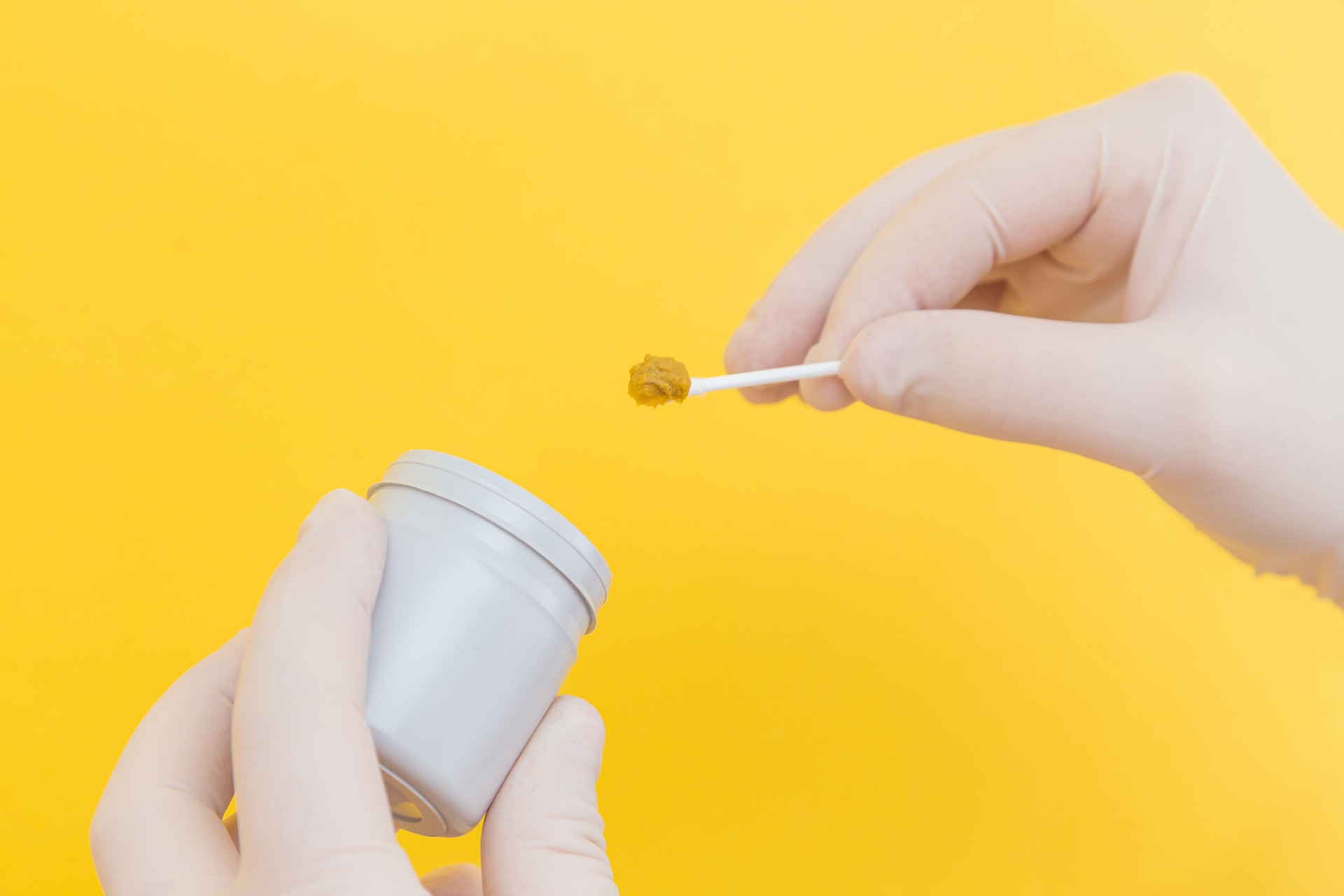The gut microbiome has been receiving increasing attention over the last decade. It has been described as one of the key elements contributing to the regulation of host health due to its role in a number of health conditions including obesity, liver disease, immunity and even mental health. Now, research has identified the role of gut microbiota in the development of diabetes1 a condition estimated to affect 422 million people worldwide.
The Microbiome and Insulin Longitudinal Evaluation Study (MILES) analysed data from 353 people without known diabetes.1 At three study visits, they analysed their stool samples using genetic sequencing and conducted oral glucose tolerance testing.1 Study investigators were then able to compare the presence of butyrate-producing taxa with participants’ insulin sensitivity.1
They found the group with the greatest number of species (particularly Coprococcus comes, Oscillibacter sp. CAG 241, Alistipes finegoldii, and Faecalibacterium prausnitzii) had metabolic protection against diabetes with improved insulin sensitivity and improved insulin-secretion response to insulin sensitivity.1 They also found that two butyrate producing species (Flavonifractor plautii and Anaerostipes caccae) had adverse associations with insulin sensitivity or disposition index.1
The pathophysiology by which the gut microbiome influences insulin resistance and glucose metabolism is complex and involves a number of processes, with inflammation thought to be one of the major mechanisms.2 Changes in the gut microbiome can lead to increases in bacterial products causing chronic inflammation and leading to insulin resistance.2
The next stage of research is to identify how people can alter their microbiome to promote the growth of beneficial bacteria to help prevent and treat diabetes. Current research is focused on the use of probiotics and prebiotic supplements and antibiotics.1 However, this research is still in its early stages and is yet to be recommended in any clinical guidelines.
References:
- Cui J, Ramesh G, Wu M, et al. Butyrate-producing bacteria and insulin homeostasis: the microbiome and insulin longitudinal evaluation study (MILES). Diabetes. 2022;71(11):2438-2446.
- Barlow GM, Mathur R. Type 2 diabetes and the microbiome. J Endocr Soc. 2022;7(2):bvac184.
At Elion Medical Communications, we pride ourselves in offering an exceptional medical writing service with a particular emphasis on quality, accuracy, and attention to detail. Metabolic disease, including diabetes, is one of our areas of expertise, so please get in touch if you have a project that we can help you with.






